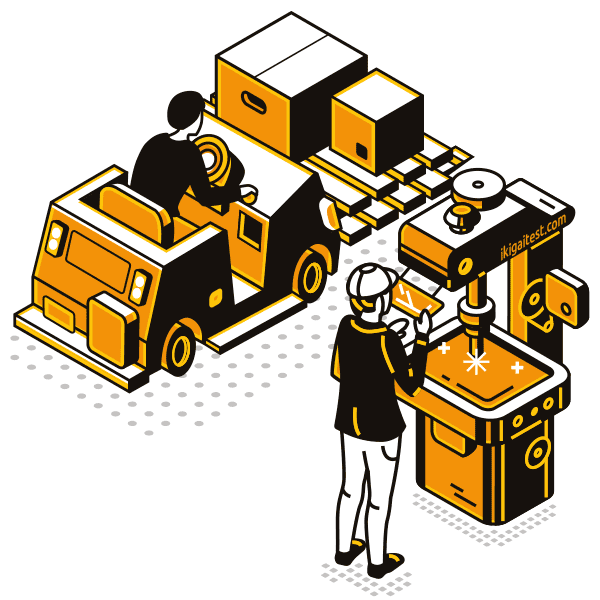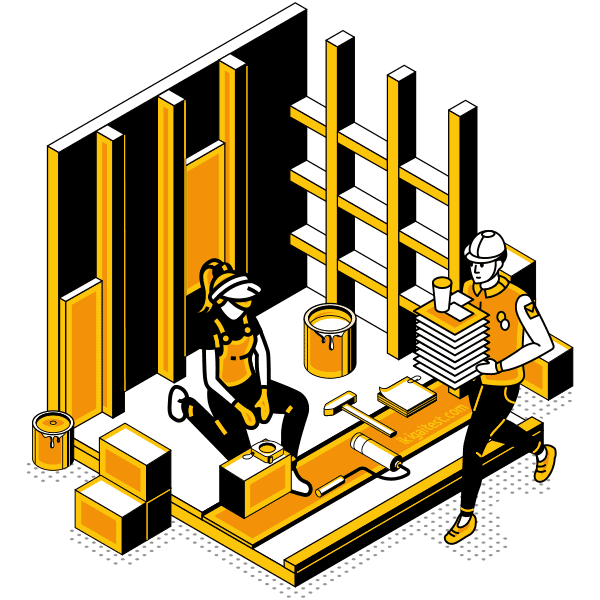Operator

Operators are expected to be good at:
- Using either control mechanisms or direct physical activity to operate manufacturing systems.
- Working with hand operated industrial machines and power tools.
- Adjusting knobs, levers, and physical or touch sensitive buttons in industrial devices.
- Running, maneuvering, navigating, or driving vehicles or mechanized equipment, such as forklifts, passenger vehicles, aircraft, or watercraft.
Artisan

Great artisans are usually capable of:
- Using hands and arms in handling, installing, positioning, and moving materials.
- Performing precise and skillful manipulation of small objects.
- Being active and proactive in regards to physical activities that require considerable use of your arms and legs and moving your whole body, such as climbing, lifting, balancing, walking, stooping, and handling materials.
Other work activities related to Crushing, grinding, and polishing machine setters, operators, and tenders
- Reading working orders for determining production specifications and information.
- Observing operation of equipment for ensuring continuity of flow, safety, and efficient operation, and for detecting malfunctions.
- Moving controls for starting, stopping, or adjusting machinery and equipment that crushes, grinds, polishes, or blends materials.
- Recording data from operations, testing, and production on specified forms.
- Examining materials, ingredients, or products, visually or with hands, for ensuring conformance to established standards.
- Weighing or measuring materials, ingredients, or products at specified intervals for ensuring conformance to requirements.
- Cleaning, adjusting, and maintaining equipment, using hand tools.
- Notifying supervisors of needed repairs.
- Setting mill gauges to specified fineness of grind.
- Rejecting defective products and readjust equipment for eliminating problems.
- Cleaning working areas.
- Transferring materials, supplies, and products between working areas, using moving equipment and hand tools.







